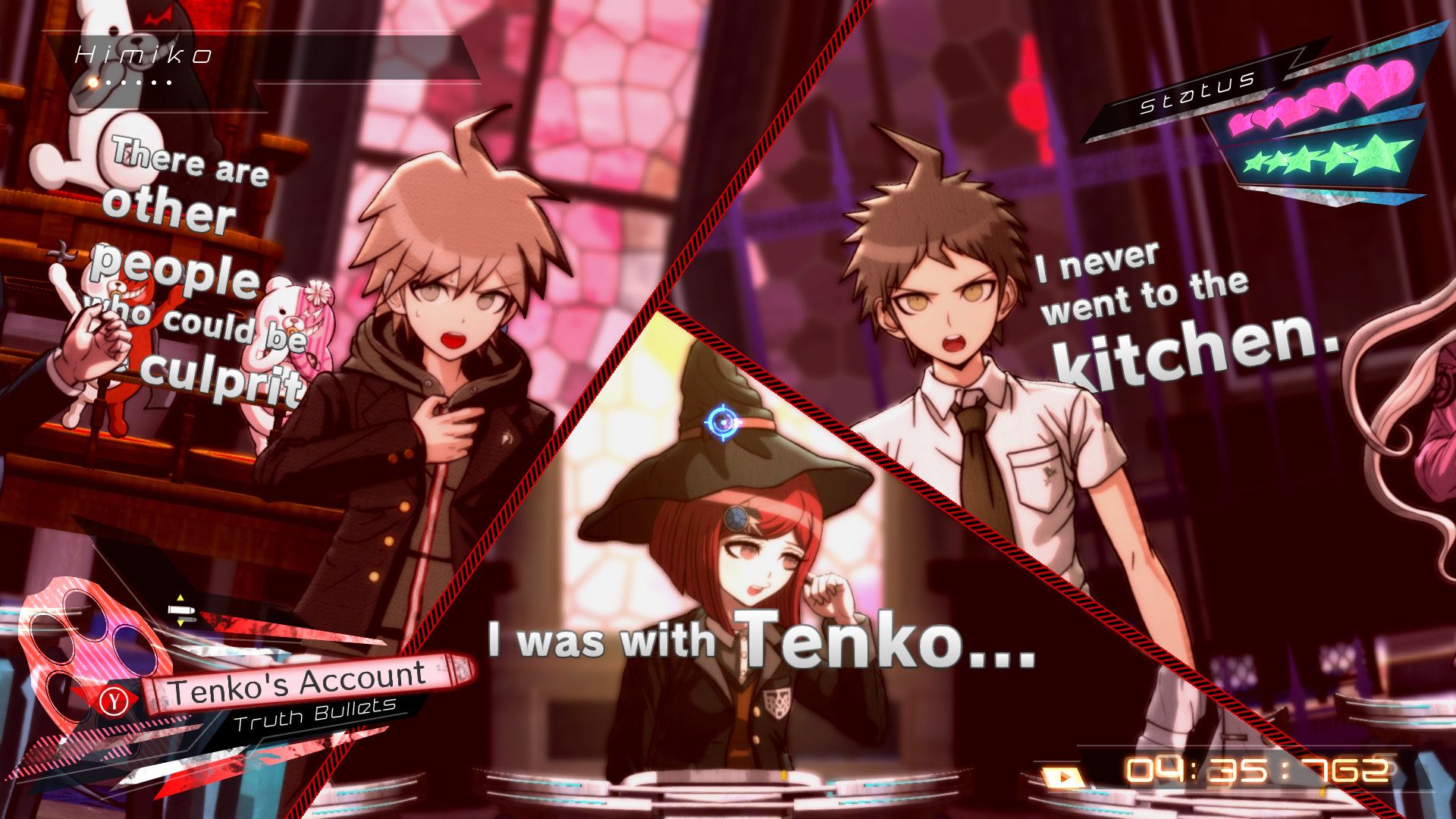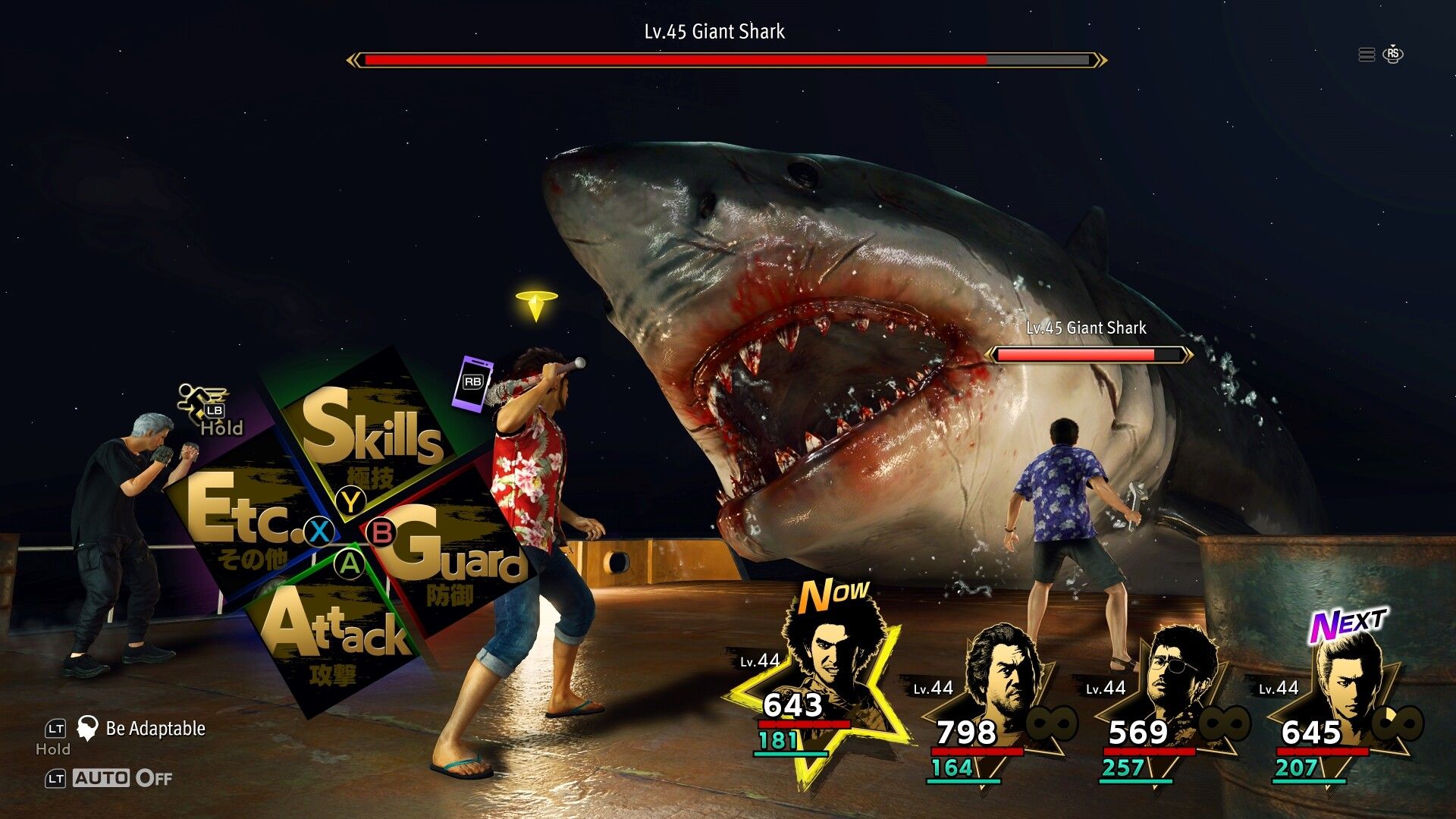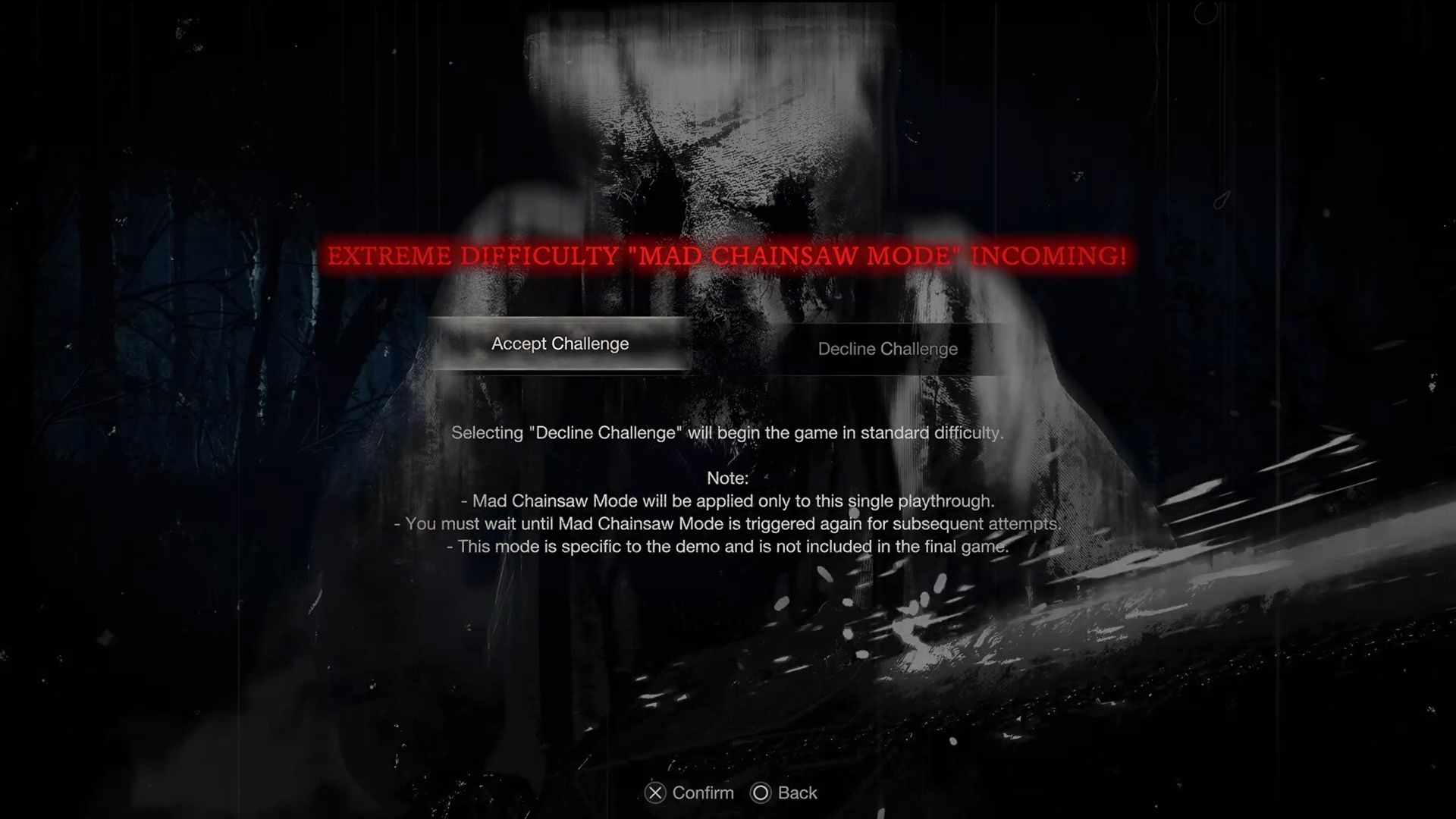Summary
- Demos showcase a game’s highlights, providing a brief taste of gameplay to help you decide if it’s right for you.
- Trials give you unrestricted access to a game for a limited time, but may not be long enough for slow-paced or complex titles.
- Quality varies between demos and trials, but both can help you determine if a game is worth buying.
New games are being released all the time, and no matter how hard you try, you’ll never have the time—nor money—to play them all. Deciding which games are worth getting can be a challenge, but free demos and timed trials can make the choice a little easier. However, some of these free previews aren’t as helpful as they seem.
Demos and Trials… What’s the Difference?
You may have heard people refer to “game demos” and “game trials” interchangeably, but they aren’t exactly the same. Demos and trials both allow you to try games before you buy them, but they each have their own benefits and drawbacks.
A demo showcases a game’s major selling points by allowing you to play a brief part of its single-player campaign or providing restricted access to its multiplayer modes. As for what’s included in a demo, that depends on what the developer wants to show off. Demos for linear action games usually drop you onto a level that showcases the combat, while large open-world games allow players to explore a small portion of their full map. Similarly, fighting games and racing games allow you to use only a few specific characters/vehicles from their complete roster.
Some game demos may include content that isn’t available in the full version. You might find unused content in demos for games that are still in development, as some of these features may get cut or altered before the final release. However, it can also be used to deliver spoiler-free previews of narrative-heavy games.
The demo version of Danganropa V3: Killing Harmony features a unique case that introduces the game’s characters and murder-mystery premise without revealing any major plot points from the full game. Similarly, the demo for The Stanley Parable showcases its witty sense of humor with a guided tour hosted by the game’s narrator, which quickly begins to go awry.
Even the means by which demos are delivered vary between games. While most modern demos are available to download from digital storefronts, many used to be included on demo discs or bundled alongside other games. Regardless of their shape or size, demos are an easy way to experience all of a game’s best qualities in one brief package.
In contrast, game trials are digital-only programs that provide unrestricted access to a game, but place a set time limit on your playtime. Whereas demos will often alter content or skip to a later part of a game, trials allow you to start a game from the beginning and experience as much of it as you can within the trial period.
Most game trials limit you to just 1–3 hours of playtime, and you’ll be unable to continue playing once that time expires. However, your save data from the trial can be used with the full version, so you can easily continue where you left off. Trials also allow you to try a game in its current state, meaning you’ll have access to any post-launch content and necessary bug fixes added through free updates.
Thanks to services like PlayStation Plus Premium, more games are receiving trial versions, making it easier to get a hands-on experience with a game before you take the plunge on a full-priced purchase.
Trials Aren’t Helpful for Every Game
In theory, limited-time trials may sound like the best way to determine if a new game is worth buying. You would think playing through a game trial is the same as starting a brand-new game, just with the addition of a timer. However, a game’s opening hours don’t always represent its overall quality, and it can take more time than a trial provides to properly understand a game and decide if it’s right for you.
Games with slow-paced intros don’t benefit from limited-time trials at all, and this problem is most evident in JRPGs and other slow-burn genres. The early hours of Persona 3: Reloaded and Like a Dragon: Infinite Wealth use their lengthy openings to deliver essential tutorials and set up their gripping plots, but you’re not going to see much gameplay in the early hours. Even action games like Warhammer: Space Marine 2 and Stellar Blade take multiple hours before they reveal the true depth of their combat.
You might be tempted to skip past a game’s story and tutorials to see as much gameplay as possible before time runs out, but that presents another problem with game trials. It’s hard to enjoy a game at your own pace when you’re racing against the clock. If you care about a game’s story, you’ll want to rush through its gameplay. If you prioritize gameplay, then you’ll need to skip past the cutscenes. And if you want to enjoy both gameplay and storytelling, you won’t be able to enjoy much of either.
That’s not to say that game trials are always bad at presenting their respective games. For some games, it takes only a few minutes to understand what makes them great. However, a bad first impression that rushes players or fails to showcase a game’s best aspects is likely to drive you away from potentially fantastic titles.
Demos Highlight a Game’s Strengths
The best part about demos is that they condense all of a game’s selling points into a short snippet of gameplay. For example, shooters and other action games will put combat at the forefront, while demos for story-driven experiences can showcase dramatic moments and player choices with clear consequences. At their best, demos help you quickly understand what a game is about and why it’s worth your time.
Besides skipping to the highlights of a game, demos have far fewer restrictions on your ability to play them. Although you won’t have access to all of a game’s content, most demos allow you to enjoy their games without time limits. You can also replay demos to see content that you may have missed during your first playthrough.
The demo version of Detroit: Become Human is a memorable showcase of the game’s branching story paths, placing you in a tense hostage situation with multiple endings based on your choices. Demos for the Resident Evil series also have a reputation for featuring cleverly hidden secrets and easter eggs. The Resident Evil 7 Teaser Demo featured multiple optional objectives, hidden collectibles, and an alternative “True Ending” earned by fulfilling certain requirements. The Resident Evil 4 Chainsaw Demo included a few of its own secrets, including an unlockable weapon and a special difficulty option not found in the full game.
Some demos fulfill the same purpose as a trial without any of the major downsides. Final Fantasy XVI received a demo that covers the game’s opening prologue, with the option to transfer your save data to the full game. Completing this section unlocks a second demo mission, which gives you access to a wider range of abilities from later parts of the game.
The demo for Unicorn Overlord also presents the beginning of its campaign and even features a generous 5-hour timer. However, this timer does not start counting down until after you finish the tutorial, allowing you to learn the game’s mechanics and view the introductory cutscenes at your leisure.
Quality Varies in Both Demos and Trials
At their best, demos are consistently better for letting players enjoy a game rather than feeling pressured to experience as much content as possible. Unfortunately, not every demo succeeds at promoting its game. Some demos end abruptly without showing anything substantial to justify purchasing the game, while others include arbitrary playtime restrictions or a limited number of available replays to force you into getting the full version.
Demos also allow games to hide their faults by spotlighting only their best moments. The Resident Evil 3 remake’s demo is notorious for inflating players’ expectations, only for the full game to disappoint. Whereas the demo portrayed the remade Racoon City as an open-ended maze filled with opportunities for exploration and scares around every corner, much of the full game consists of linear hallways and repetitive enemy encounters.
Some demos can also deliver terrible impressions of otherwise great games. The Wii U demo for The Wonderful 101 dropped players into the game without any tutorials to teach them about its unique gameplay or unconventional controls.
Apart from players who spent time replaying the demo to understand its wonderfully complex combat on their own—which itself was discouraged by the demo’s limited number of replays—most players assumed The Wonderful 101 was just another mindless button-masher. Thankfully, the remastered version received a vastly improved demo that properly explains these mechanics and provides a much more exciting demonstration of The Wonderful 101‘s wonderfully complex combat.
Similarly, some games have benefited from using trials instead of demos. Trials for fighting games like DNF Duel and Mortal Kombat 1 offer access to the entirety of their rosters—apart from paid DLC characters—and the chance to play through their single-player and multiplayer modes. Trials for rhythm games, racing games, and sports simulators provide a chance to experience how a game feels and browse through their breadth of content. For any other games that don’t take much time to start up, a timed trial can be more useful than a restrictive demo.
No matter how much they reveal, demos and trials only provide brief glimpses of a title’s gameplay and story. The only way to get a comprehensive answer to whether a game is worth your time is by consulting reviews from professional critics and other players, or by simply buying the game and playing it yourself.
More game studios need to understand that their first impression matters, and the shortcomings of limited-time trials can end up doing more harm than good. If they truly want their games to reach players with a positive start, there’s no better way to win us over than with a memorable demo.










Leave a Comment
Your email address will not be published. Required fields are marked *